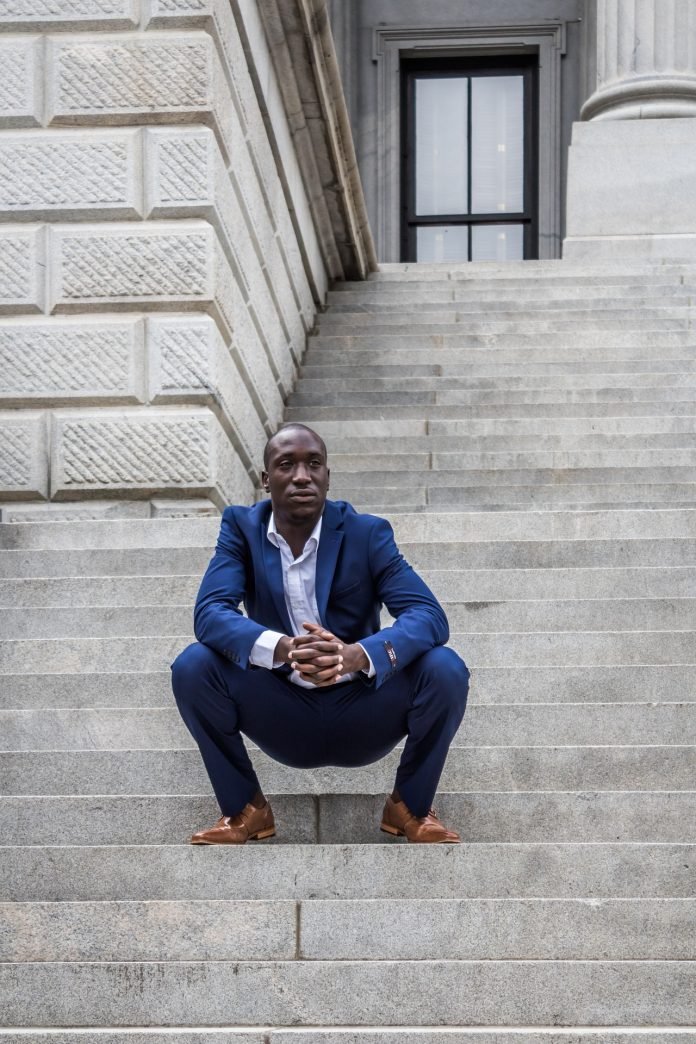It is no news that the novel coronavirus, COVID-19 has affected many across the globe. It has altered the world and the way of living for many people. In the African continent, it has altered people’s lifestyle and has even affected various governmental sectors, which include the economy, education, commerce, trade and investments, transportation, and more.
Many have lost their jobs and businesses, and millions of students are now on the edge. They don’t know when the skills they have invested money, time, and energy to learn will begin to translate to income. So what can students and the jobless do at this time to face this fear? How might they put this depressing time to some good use? Read on!
With Covid-19 challenging many realities and reshaping everything as we know it, many students are concerned more on whether their learned skills or declared field of study will still meet economic demand upon graduation.
Take Nigeria in West Africa for example, the Nigerian Academic Staff Union of Universities (ASUU), a pressure group for professors and academic instructors in Nigerian universities, has embarked on school strike following the federal government’s failure to meet their needs. This then forced the university students to suspend lectures long before the government’s stay-at-home order. With the lockdown order and economic depression staring at the world, it is unclear if many students will graduate on time or whether the skills they are learning will be on equilibrium with looming economic challenges.
Another real challenge ahead is that many people have lost their jobs due to the pandemic. The truth is most African people are very self sufficient. Formal education or without one, everyone knows that there’s no social welfare support coming from their government to survive, and so it is commonplace for people to go into trade or what the western world often refers to as small business. Their resolve to survive spurs on creativity for which the continent’s economy and growth have hugely relied on. Now that this small business sector is threatened due to the pandemic, the lot of African college graduates might be facing a redraw. They will have to compete with experienced unemployed in job search, and unless the ones that are yet to graduate learn how to pivot quickly, there are hardly good news.
Emphasis has been on African students and jobless so far, but the fundamental problems posed by Covid-19 and economy is universal. In the United States and Europe, it is clear that people of color and immigrants in these societies will surfer the most economic consequence. Granted that they would be able to tap into one public support or the other, they are not immune to what is posing as the worst world economic depression ahead.
So what can both the college students and the jobless do at this moment? Let’s dive into ten ways we’ve researched and compiled:

- Investing: If you have some money at hand, this is a good time to consider investing it. Interest rates are down generally, and this is the moment that doors are often forced open to the people with little to get into stock market. You may also consider crypto currency and real estate. Investment though is not for a weak heart. The most important point to emphasize here is to do your homework, and consider how you can use that little you have to edge against the future.
- Learning new skills: This time is a moment of unlearning, learning and relearning. As a student, this is a time to expand and learning new things even if it is entirely different from your field of study. Digital Marketing, programming, coding and ethical hacking are some of the most learned skills by students today. Udemy, Alison, Mediabistro are some examples of platforms for learning.
- Grow your influence: This lockdown is a nice opportunity to increase efforts in networking with many people around the world. Join communities online to meet new people, and have a good strategy in place to networking to good use. When you connect with people, build relationships. And yes, it can be done online. A platform called Goodwall Community is one to consider for students, professionals and entrepreneurs.
- Going into businesses: Venturing into various kinds of businesses is a great way not to waste one’s time. Indeed, there are chances of losing in business, but what have you got to lose if there isn’t a job prospect waiting for you somewhere? Identify a filed of interest, and go for it.
- Freelancing: Ever considered freelancing? People are able to offer their services via online for money, and it is called freelancing. You can be a writer, photographer, architect, copy editor, proofreader, and pretty much anything legal you can do to make money online.

- Reading Ahead: Read like it’s nobody’s business. Covid-19 is not a break time. On the contrary, it a hardworking moment in disguise. Be one of the wise ones who are able to decode this. Read, study, and learn like you are running a race. Remember, the ideas that birthed most world’s inventions stemmed from challenges of the moment. If you don’t already know this, here begins your challenge to study up on history.
- Get global: This is not a good time for you to be comfortably narrow-minded. The world has been in the palm of your hand all along, but you’ve failed to explore it. Become a global citizen. Know what is going on around the world. Know the issues, know the facts, and find your place in all of them. See that social media you are on all day? It carries a lot of possibilities. You can learn so much through social media that you may not need to be in school or work for a boss anymore.
- Work out and get fit: You can use this indefinite holiday to work out and get fit. How might this translate to income? It starts with staying healthy. When you exercise and relax, you can become more creative and productive.
- Learn a new language: Apart from acquiring a new skill, trying to learn a new language. Virtually, any language different from the one you currently speak should do, but consider the language of the rising economies.
- Process and reflect: None of what you study or learn will resonate if you fail to take some moments to process. This experience has to be inward as much as it is outward, and this is how you connect the dots. Think about what you read. Reflect. Stay curious. Ask questions, and seek answers. If you engage in all the aforementioned points including moments of thoughtfulness and reflection, it’s funny to state this, but you may have reasons to thank Covid-19 later.





